Chapter 7 Bankruptcy Attorney
Home » Practice Areas » Orange County Bankruptcy » Chapter 7 Bankruptcy
Practice Areas
Orange County, California Chapter 7 Bankruptcy Law Firm
If you are overwhelmed by debt and looking for a fresh start, a Chapter 7 bankruptcy filing may be the most effective path forward. Commonly known as “liquidation bankruptcy,” Chapter 7 allows individuals and businesses in Orange County to eliminate unsecured debts and reset their financial future. Whether you’re insolvent or still managing to pay some of your bills, this form of bankruptcy offers a legal solution to regain control of your finances.
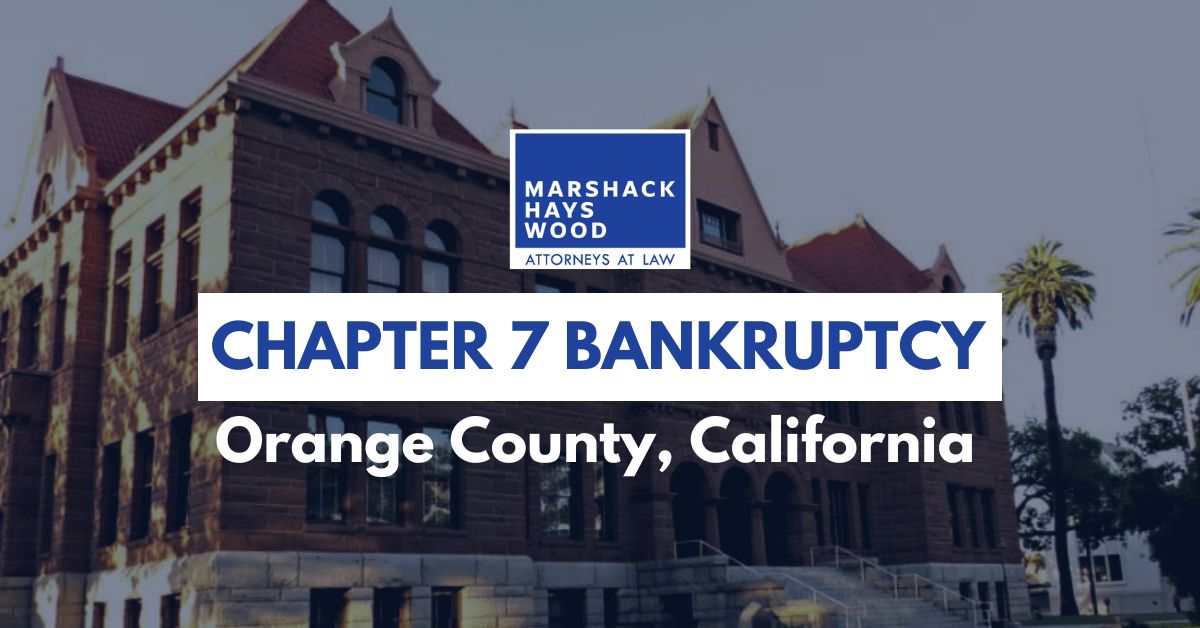
At Marshack Hays Wood LLP, our experienced legal team understands the full scope of bankruptcy law and how it applies to both personal and business matters. As a leading bankruptcy law firm based in Irvine, CA, we represent debtors, creditors, trustees, and business owners across Orange County, including Anaheim, Santa Ana, Huntington Beach, Newport Beach, and beyond.
If you’re considering Chapter 7 and want trusted support from a knowledgeable Orange County, California Chapter 7 bankruptcy attorney, contact Marshack Hays Wood today. We’ll walk you through the process and help you determine if this is the right option to protect your assets and secure a fresh financial start. Call (949) 333-7777 to schedule your initial consultation today.
California Chapter 7 Bankruptcy
Chapter 7 bankruptcy, also known as liquidation bankruptcy, is a legal process governed by federal law under the United States Bankruptcy Code (11 U.S. Code Chapter 7). It provides individuals and businesses with a powerful form of debt relief by allowing them to discharge qualifying unsecured debts and achieve a fresh financial start.
A Chapter 7 bankruptcy filing typically involves liquidating non-exempt assets to repay creditors. In many cases, filers are able to retain most or all of their property, depending on available exemptions.
Once the bankruptcy court grants a Chapter 7 bankruptcy discharge, the filer is no longer legally obligated to repay those discharged debts. This process is designed to give honest debtors a clean slate while ensuring fair treatment of creditors.
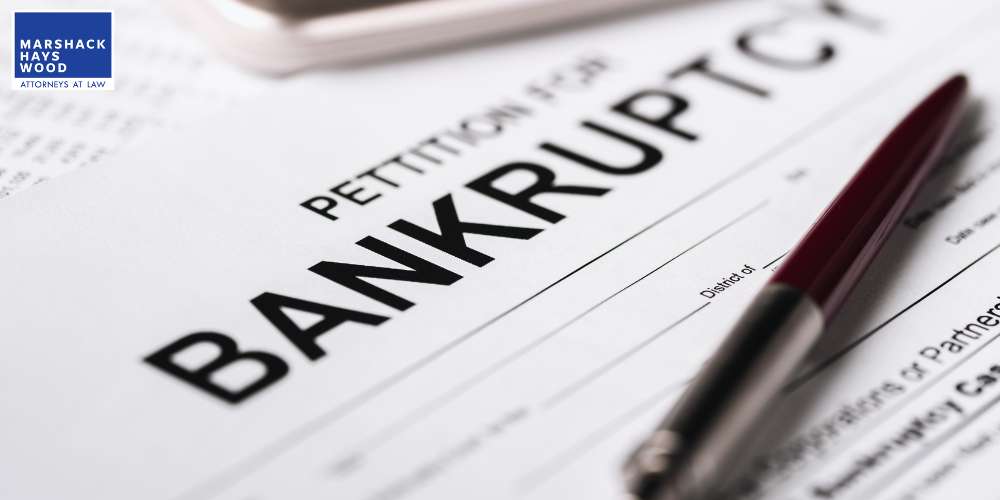
What is the Difference Between Chapter 7 and Chapter 13 Bankruptcy?
Chapter 7 and Chapter 13 are the two most common types of bankruptcy in California. The key difference between the two lies in how each type addresses debt and the debtor’s ability to repay it.
A Chapter 7 bankruptcy case is designed to eliminate unsecured debts, such as credit cards and medical bills, without requiring a repayment plan. After exempt property is protected under California law, any non-exempt assets may be sold by the trustee to repay creditors. Once the case is completed, the remaining balance on eligible debts is discharged, offering a fresh financial start.
In contrast, a Chapter 13 bankruptcy focuses on debt reorganization. If you have a steady income, Chapter 13 allows you to enter into a structured debt management plan, typically lasting three to five years, and based on your income, expenses, and the total amount of debt owed.
This plan helps you catch up on secured debts, like past-due mortgage payments or car loans, while still discharging qualifying unsecured debts at the end of the plan term. The monthly payments in a Chapter 13 case are tailored to the debtor’s ability to pay, often making this a more manageable option for those who do not qualify for Chapter 7.
If you’re interested in learning more about Chapter 13, speak with an experienced Orange County Chapter 13 bankruptcy attorney at Marshack Hays Wood today.

Benefits of a Chapter 7 Bankruptcy Filing
- Immediate Relief Through Automatic Stay = Stops Creditor Collection Efforts
- Discharge of Most Unsecured Debts = Clean Financial Slate
- One of the Fastest Debt Relief Options Available = Quick Resolution
- California’s Generous Exemption Laws = Asset Protection
- Improve Your Debt-to-Income Ratio = Rebuild Credit Sooner
- Gain Financial Clarity = Peace of Mind
How Does Chapter 7 Bankruptcy Work in California?
Once your bankruptcy petition is filed in federal court, an automatic stay goes into effect immediately. The automatic stay prevents your creditors from attempting to collect payments, foreclosing on your house, garnishing your wages, or evicting you. (This is one of the most significant advantages of filing bankruptcy over pursuing other options, such as debt consolidation.)
After you file your petition, the court will take possession of your assets and assign a bankruptcy trustee to oversee your case. The trustee will review your financial situation and your assets, then oversee your case to its conclusion. If you have any assets that do not qualify as exempt property, the trustee might sell these assets to repay your creditors.
They will also conduct a 341 creditors meeting where they will ask questions about your case. When your case concludes, your remaining debts will be discharged by the bankruptcy court.
For more personalized guidance throughout this process, the Orange County bankruptcy attorneys at Marshack Hays Wood are here to protect your rights and ensure every detail of your case is handled with care.

What Debts are Eligible for Relief Under Chapter 7 Bankruptcy?
The primary goal of Chapter 7 is to eliminate unsecured debt and give filers a clean financial slate. Below are common types of eligible debts that can be discharged in a Chapter 7 bankruptcy case:
- Credit Card Balances
- Payday Loans and Personal Loans
- Medical Bills
- Utility Bills
- Unpaid Rent or Lease Payments
- Car Payments on Repossessed Vehicles
- Certain Debts from Civil Judgments
While Chapter 7 can discharge many types of unsecured debts, other debts such as student loans, recent tax debts, child support, and alimony are generally not dischargeable unless specific legal exceptions apply.
Chapter 7 Bankruptcy California Exemptions
Each state has its own laws on what qualifies as exempt property when it comes to having your debt discharged. However, some states allow you to choose between state and federal exemptions. California requires filers to use state exemptions when they file bankruptcy. Below, we outline the current California bankruptcy exemptions (2025).
NOTE: You may use California’s bankruptcy exemptions for your case once you have lived in the state for at least 730 days prior to filing. If you do not meet this requirement, you will use the exemptions of the state you previously lived in.
California Bankruptcy Exemptions System 1
- Homestead Exemption: Equity up to $361,076 or $722,507
- Motor Vehicle Exemption: Equity up to $8,625
- Personal Property Exemption:
- Personal and household items
- Health aids
- Personal injury and wrongful death awards
- Burial and cemetery plots
- Building materials up to $4,400
- Jewelry, art, and heirlooms up to $10,950
- Bank account deposits up to $2,170
- Social security bank deposits up to $2,175 for single payees and $3,250 for spouse payees
- Wage Exemption: Up to $8,625 in unused vacation credits, vacation pay, sick leave, family leave, or wages.
- Pension and Retirement Exemption:
- Public retirement benefits
- IRAs and Roth IRAs, according to federal bankruptcy exemptions
- Private retirement benefits and plans
- Tax-exempt retirement accounts
- Retirement and pensions for all public employees, county peace officers, county firefighters, and other county employees
- Public Benefits Exemption:
- Public assistance
- Disability, unemployment, and union benefits
- Workers’ compensation benefits
- Student financial aid
- FEMA benefits
- Relocation benefits
- Tools of the Trade Exemption: Up to $10,950 for one person, or up to $21,900 if used by both spouses in the same job
- Insurance Exemption:
- Health insurance or disability benefits
- Fidelity bonds
- Matured life insurance benefits
- Life insurance payouts, only if the policy prevents using it to pay creditors
- Homeowners’ insurance payouts up to the homestead exemption amount
- Unmatured life insurance policies up to $17,525
- Other Exemptions:
- Professional and business licenses
- Property of a business partnership
- Inmate trust account up to $2,175
California Bankruptcy Exemptions System 2
- Homestead Exemption: Up to $36,750 for personal or real property
- Motor Vehicle Exemption: Equity up to $8,625
- Personal Property Exemption:
- Health aids
- Wrongful death payouts
- Personal injury payouts up to $36,750
- Certain personal items and household goods up to $925 per item
- Jewelry up to $2,175
- Pension and Retirement Exemption:
- ERISA-qualified benefits, annuities, and pension
- IRAs and Roth IRAs
- Tax-exempt retirement accounts
- Public Benefits Exemption:
- Unemployment benefits
- Veterans benefits
- Social Security payments
- Public assistance benefits
- Crime victims benefits
- Tools of the Trade Exemption: Up to $10,950
- Insurance Exemption:
- Disability benefits
- Unmatured life insurance policy
- Loss of future earnings
- Unmatured life insurance accrued interest, cash, loan, dividence, or surrender value up to $19,625
- Child Support and Alimony Exemption: Up to what is necessary for support
- Wildcard Exemption: Up to $1,950, along with any unused homestead exemption
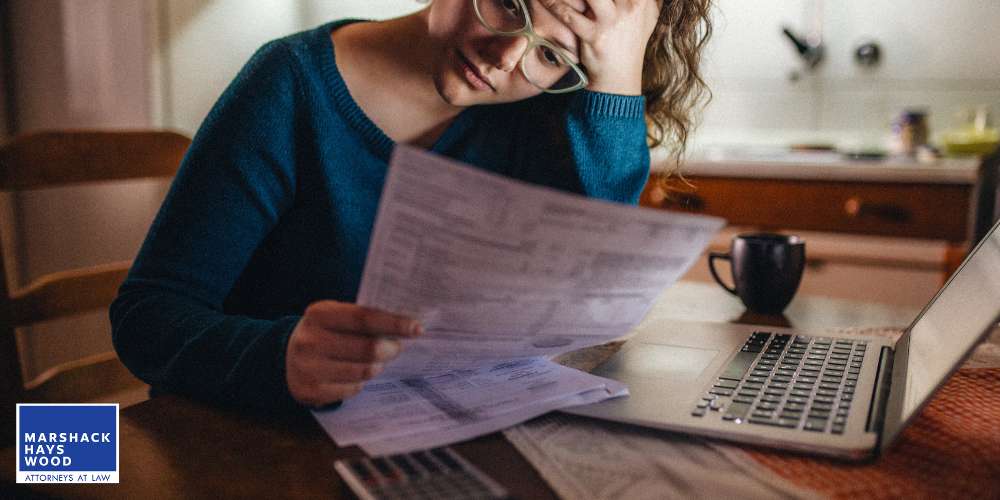
Filing Bankruptcy Chapter 7 – California Bankruptcy Process
Qualifying Under the Chapter 7 Means Test
In order to qualify for Chapter 7, you will need to pass the means test first. This determines whether your financial situation qualifies you for debt relief under federal law by comparing your current income to the median income for a household of your size in California.
If you earn less than the state’s median, you will typically qualify. However, even if your income is above the threshold, you may still be eligible if your necessary expenses reduce your disposable income below the level required to repay unsecured debt under a Chapter 13 plan.
In other words, in order to “pass the means test,” the court must decide that you do not have enough income left over each month to fund a repayment plan.
The Chapter 7 means test in California is a critical step in your bankruptcy case. An experienced attorney can help you accurately assess your income, expenses, and eligibility to ensure you meet the criteria for a full discharge of qualifying debts.
California Median Income for Chapter 7 Bankruptcy
Each state has its own median income level. The median income also depends on the number of people in a particular household. Below, we outline the income eligibility requirements based on household size in California:
Household Size | Annual Median Income |
1 person | $76,190 |
2 people | $99,936 |
3 people | $112,536 |
4 people | $130,845 |
Each Additional Person | + $11,000 |
If more than four people live in a household, the monthly and annual median income levels will continue to increase by $11,000 with each additional person.
How To File Bankruptcy Chapter 7 in California
Below, we outline the basic steps of how to file Chapter 7 bankruptcy in California:
- Gather all the required documentation you will need for your case. This includes certain financial documents, as well as official bankruptcy forms.
- Take the required credit counseling course. This must be completed at least 180 days before you submit your bankruptcy petition to the court.
- Work with your bankruptcy lawyer to fill out all of your bankruptcy forms. If you work with an attorney, you can be assured that you won’t forget or miss any of the required local forms.
- Pay your bankruptcy filing fee. If you have an income that is under 150% of the federal poverty guidelines, you will qualify for a fee waiver.
- File all of your forms and documents with the district court that is handling your case. Your attorney will know which court to submit everything to.
- Once your trustee is assigned to your case, you will need to send them bank statements, tax returns, and other documents that will show your financial situation. This must be done at least a week before your creditor meeting.
- Take your debtor education course. This course will teach you about how to manage your personal finances. This course must be completed within 60 days of your creditor meeting.
- Attend the 341 meeting of creditors. Although your creditors are not required to attend (and most don’t), you must be there. At this time, you will likely have a remote 341 meeting. This meeting serves to answer any questions your trustee or creditors have for you.
- Get your bankruptcy discharge and complete your case.
California Chapter 7 Bankruptcy Paperwork
To file Chapter 7 bankruptcy in California, you must complete a set of standardized documents. These Chapter 7 bankruptcy forms include a petition, schedules detailing your income, assets, debts, and expenses, and a statement of financial affairs.
If your debts are primarily consumer debts, you’ll also need to complete a means test form to prove eligibility. Additional required documentation includes recent pay stubs, tax returns, a credit counseling certificate, and a list of creditors.
Accuracy and thoroughness are critical here, as errors or omissions can delay your case or result in dismissal. Working with an attorney can help ensure all forms are correctly filed and comply with California bankruptcy court requirements.
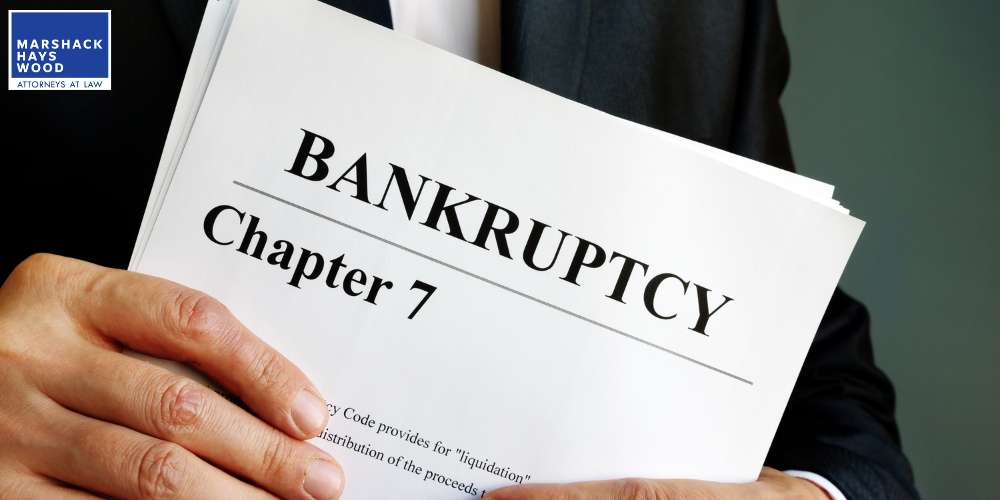
Orange County Bankruptcy Court
If you file a bankruptcy case in Orange County, your case will be heard in the United States Bankruptcy Court for the Central District of California – Santa Ana Division. This court is located at:
Ronald Reagan Federal Building and U.S. Courthouse
411 West Fourth Street, Santa Ana, CA 92701
This federal court handles all Chapter 7 and Chapter 13 filings for Orange County residents. 341 meetings of creditors are also held at this location.
The Chapter 7 bankruptcy lawyers at Marshack Hays Wood have extensive experience working with the Santa Ana Bankruptcy Court. They know local procedures, internal protocols, and the expectations of trustees assigned in Orange County cases. This familiarity enables them to manage filing deadlines effectively, respond to client questions promptly, and fulfill court requirements to ensure a smooth and streamlined Orange County bankruptcy process.

How Long Does Chapter 7 Take?
In general, the timeline for Chapter 7 bankruptcy can take anywhere from 3 months to 6 months to complete. The estimated time period spans from the moment you file your petition to the moment you get your discharge.
How Long Does It Take To File Bankruptcy Chapter 7?
To file a Chapter 7 bankruptcy petition, the preparation process typically takes one to two weeks, depending on how quickly you gather required documents like pay stubs, tax returns, and a list of creditors.
Once everything is complete, your attorney can submit the petition electronically to the court, officially starting your bankruptcy case.
How Long Does It Take To Finalize Chapter 7?
Most Chapter 7 bankruptcy cases are finalized within 3 to 6 months from the date of filing. The exact timeline depends on factors like court scheduling, how quickly you complete your credit counseling and creditor meeting, and whether any objections or additional documentation are required by the trustee. Once complete, eligible debts are discharged, and the case is officially closed.
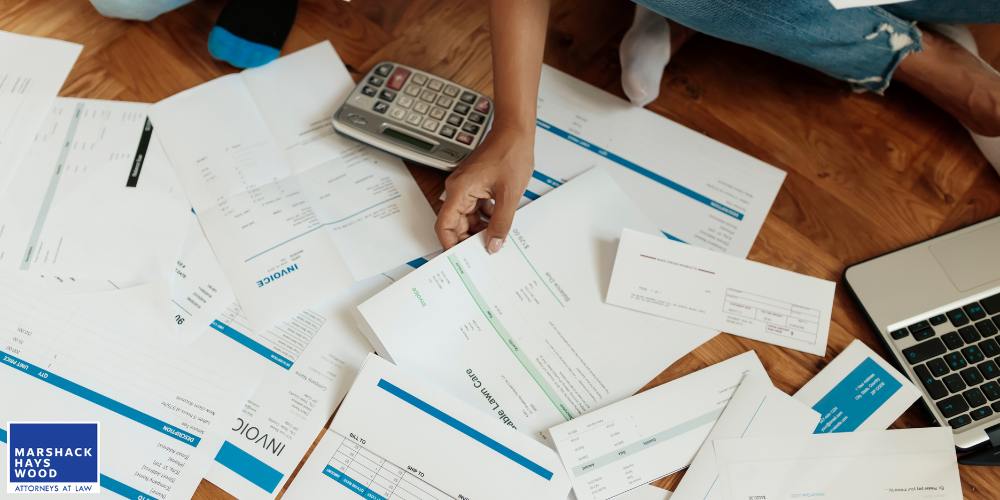
Why You Need a California Bankruptcy Chapter 7 Lawyer
Working with an experienced Orange County bankruptcy lawyer like those at Marshack Hays Wood is one of the most important steps you can take when facing overwhelming debt. A qualified Chapter 7 bankruptcy attorney understands the legal process and can help you avoid costly mistakes, delays, or dismissals that may occur if you try to handle the case on your own. In certain circumstances, such as when you own a home or have nonexempt assets, professional legal guidance is critical to protect your interests.
An attorney will ensure you meet the debt required to qualify, help you avoid risky debt settlement schemes, and guide you through the necessary financial disclosures and documentation with accuracy. More importantly, they will represent you throughout the entire process to help you achieve a complete discharge and the fresh start you need. Your lawyer can also offer tools for better financial management moving forward, helping you stay on track long after your bankruptcy case is closed.
How Much Does a Bankruptcy Attorney Cost?
The cost of hiring a Chapter 7 bankruptcy lawyer can vary based on several factors, including the complexity of your case, the attorney’s experience, and the region where you file. It’s also important to understand that attorney fees for Chapter 7 are subject to review under the Bankruptcy Code to ensure they are reasonable and clearly disclosed before you move forward.
How Much Does a Lawyer Charge For Chapter 7 in California?
Most bankruptcy attorneys in California charge a flat fee that typically falls between $1,000 and $2,500, depending on factors like case complexity and location.
In addition to the attorney fee, there’s a mandatory filing fee of $338 when you submit your petition to federal court, which covers an administrative charge and trustee surcharge.
California Chapter 7 Lawyer Fees
California bankruptcy courts may issue local rules that outline attorney compensation for specific case types. For example, in the Central District of California, the “Central Guide” details reasonable attorney fees that can be paid through a repayment plan. If the case requires significant, unexpected work, the attorney may need to request additional fees through court approval.

Additional Chapter 7 Bankruptcy FAQs
Can Chapter 7 Get My Repossessed Car Back?
Chapter 7 bankruptcy typically cannot get your repossessed car back if it was taken before you filed, but in some cases, you may be able to recover the vehicle by negotiating with the lender or entering a reaffirmation agreement. This agreement allows you to continue paying the loan under agreed terms.
Can I Lose My Job If I File Chapter 7?
Under federal and California law, you cannot lose your job solely because you filed Chapter 7 bankruptcy. The Bankruptcy Code (11 U.S.C. § 525) expressly prohibits both public and private employers from terminating or otherwise discriminating against an employee for filing a bankruptcy case. California also offers additional employment protections under the California Fair Employment and Housing Act (FEHA).
What is the Debt Limit for Chapter 7?
Fortunately, Chapter 7 bankruptcy does not have a debt ceiling. This means that you cannot have too much debt to file Chapter 7. The more debt you have, however, the more likely your trustee will need to sell certain assets to pay off your creditors.
What Debts are Discharged in Chapter 7?
A Chapter 7 bankruptcy discharge specifically eliminates a debtor’s unsecured debts. These are the debts that are not backed by collateral or assets. Examples of unsecured debts that can be discharged in Chapter 7 include the following.
- Medical bills
- Credit card debts
- Collection accounts
- Personal loans
- Utility balances
- Auto accident claims
- Business debts
- Repossession balances
- Unpaid taxes
- Tax penalties
- Attorney fees
- Overdue rent payments
- Civil court judgments
- Overpayments from government programs
While the above list can help you get a feel for what will be discharged in your case, we still recommend speaking with one of our bankruptcy attorneys. We will look at the specifics involved in your case and give you a better idea of how your case might play out.
How Does Chapter 7 Affect My Credit Report?
Filing Chapter 7 bankruptcy will appear on your credit report for up to 10 years from the date of filing. While it may cause a temporary drop in your credit score, it also clears dischargeable debts, which can improve your credit history over time by lowering your debt-to-income ratio and giving you a fresh start toward rebuilding credit.
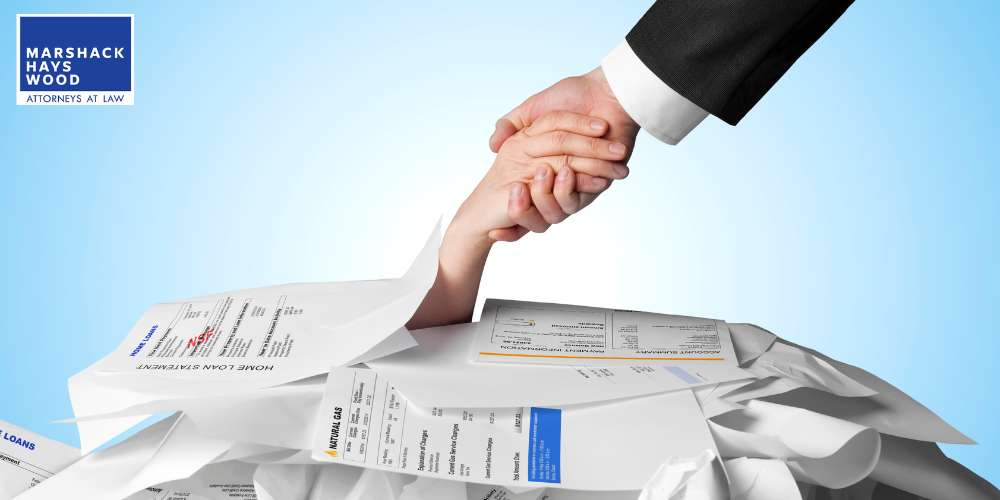
Contact an Orange County, CA Chapter 7 Bankruptcy Lawyer at Marshack Hays Wood Today
If you’re facing financial challenges such as mounting debt, wage garnishments, or unpaid bills, speaking with a knowledgeable Ch 7 bankruptcy attorney can help you understand your legal options. At Marshack Hays Wood, we provide trusted guidance to individuals and businesses across Orange County seeking real debt relief.
Whether you owe money on credit cards, loans, medical bills, or all of the above, we’ll help determine if Chapter 7 is right for you. Contact our law office today by calling (949) 333-7777 or contact us online to schedule your initial consultation and take the first step toward financial freedom.
READY TO GET STARTED?
At Marshack Hays Wood, our attorneys provide the legal support you need to move forward with confidence. Let us help you take the first step toward financial stability.
